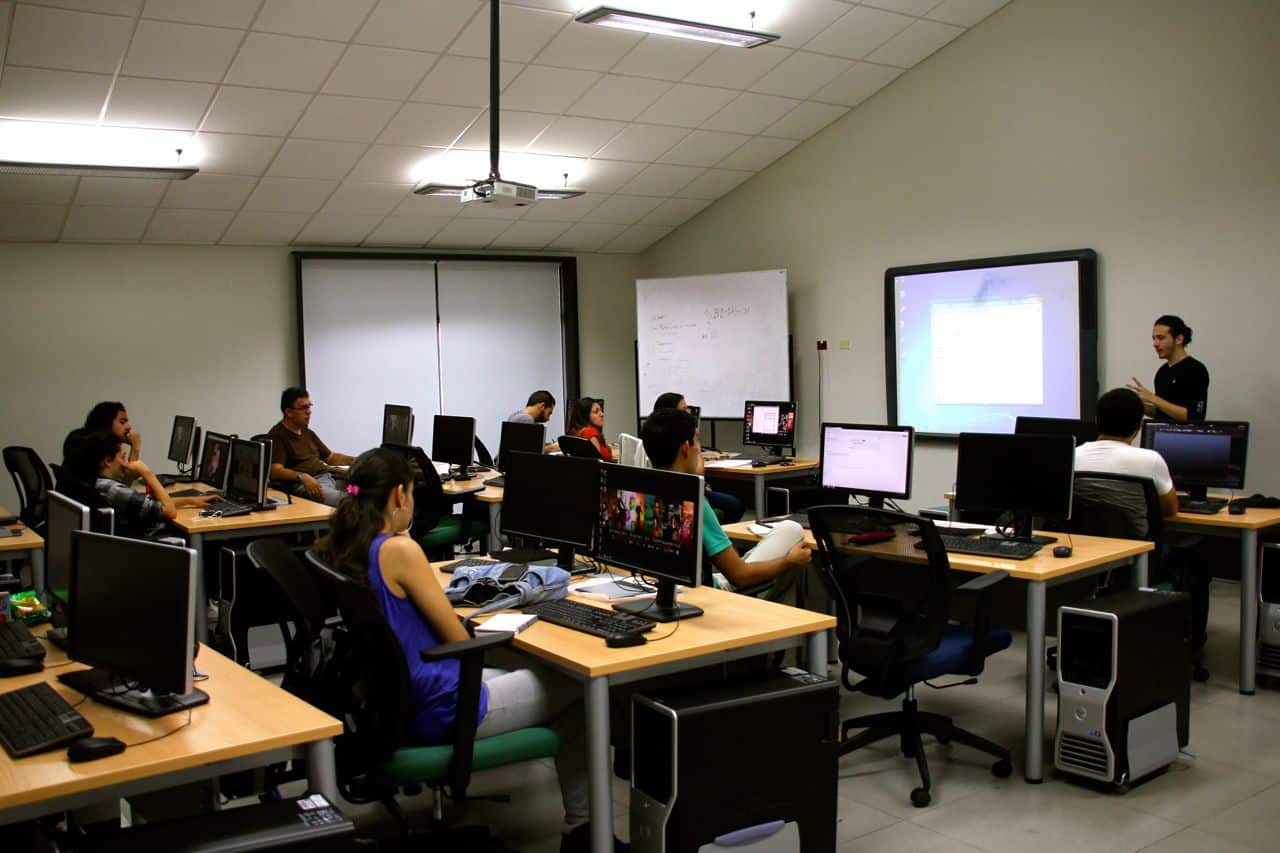WHEN Omar Gutiérrez responded to a newspaper ad more than 45 years ago, he was trying to please his schoolteacher father, not trying to change his own life or those of thousands who followed in his footsteps. What followed opened Gutiérrez’s eyes to things he had never seen – the inside of an airplane, snow, girls next to him in class, U.S.-style segregation and, most importantly, his own potential. The experience was nothing short of life-changing.
Gutiérrez was one of the first participants in the American Field Service’s (AFS) student exchange program, now celebrating 50 years in Costa Rica. “At that time it was like going to Mars; nobody went to the United States,” he said.
GUTIÉRREZ, 63, remembers his year in Orchard Park, near Buffalo, New York, as if he just returned, not like it was the first of – and inspiration for – many more trips all over the world in the past 46 years. After flying to Florida, with stops in Grand Cayman and Cuba, Gutiérrez and his three Costa Rican companions, also part of the third class of Costa Rica’s new AFS program, took a bus to New York.
“The bus stopped in Richmond, Virginia. It was the first time I saw white people in the front and black people in the back. I sat in the middle,” he said. “I knew before that it happened like that, but it was shocking to see.” The year that followed included the kind of cultural exchange and understanding between Gutiérrez and his U.S. community that helps put a stop to behavior such as racism. “The experience was so fulfilling, it was necessary that other people have it,” Gutiérrez said.
When the 18-year-old returned to Costa Rica, he and fellow participant Ramón Chavarría went on a campaign to encourage other students to take advantage of the opportunity. Participation in the program skyrocketed. At the time, most AFS students were able to go to the United States on scholarship. U.S. communities raised money to bring the students to their towns, explained AFS Costa Rica director Rolando Araya, who himself lived for a year in Independence, Iowa, with AFS in 1975.
WHILE Gutiérrez and Chavarría are credited with developing the AFS program in Costa Rica, the organization’s roots here started years before. AFS began during World War I and II, when a group of young men from the United States offered their services as volunteer ambulance drivers. Inspired by the experience and searching for peace, participants decided mutual understanding and respect between cultures could be nurtured if young people were given the opportunity to live in different countries. In 1947, AFS began its student exchange programs. Eight years later, in 1955, the first two Costa Ricans – María Antonieta González and Rafael Quesada, traveled to the United States under the program.
Since then, the organization’s fundamental goal has always been building peace. Asked how the Costa Rican program has been successful at this in its 50 years, Araya said, “Well, we aren’t exactly in the streets protesting Iraq; what we do is open minds one by one.” Approximately 3,500 Costa Ricans have participated in the program, including people who have gone on to have leadership roles in politics, science and culture, he continued.
“One always knows one has to respect other cultures, but when faced with big cultural differences, that tolerance is tested,” said former AFS participant Isela Rodríguez, adding that during her year living in Thailand, her respect and open-mindedness grew greatly.
IT is not only the students who learn, but also the families and communities in which they live, explained former participant Daniel Redondo, who recently lived in Germany. “It allows communities to see a different culture,” he said. “For example, in La Cruz (Guanacaste), there was a Japanese student who, when he first got there, was ‘el chino'(‘the Chinese guy’) but by the end he was ‘el japonés’ (‘the Japanese guy’). It’s the little changes.”
The upsurge of immigration in Costa Rica in recent years has made such lessons valuable, the former participants said. “When I came back, I realized the experience of the Nicaraguans living here. Going to another country, you learn what it is like to be an immigrant… and imagine doing it not by choice, when you are driven by need…”
ARAYA laments that the cost of the program prevents most young Costa Ricans from getting this lesson firsthand. Communities no longer raise money to bring foreign students, and scholarship funds are often limited. However, the AFS recently received funds from the U.S. Agency for International Development to allow 15 students to participate on scholarship.
In addition, in recent years AFS has started sponsoring intercultural discussions, and in 2001 it helped bring the Anne Frank exhibit to Costa Rica. “Children are growing up in a Costa Rican society very different from before,” Araya said, looking ahead to the organization’s future. “We at AFS want to find the educative role we can play in this.”






